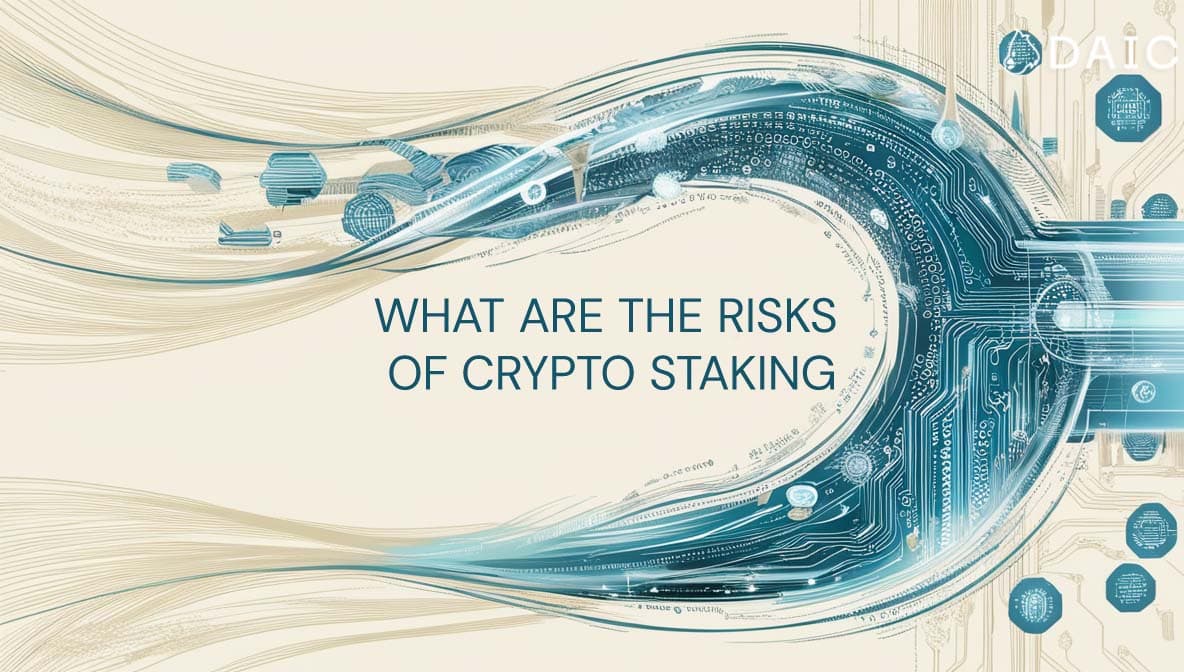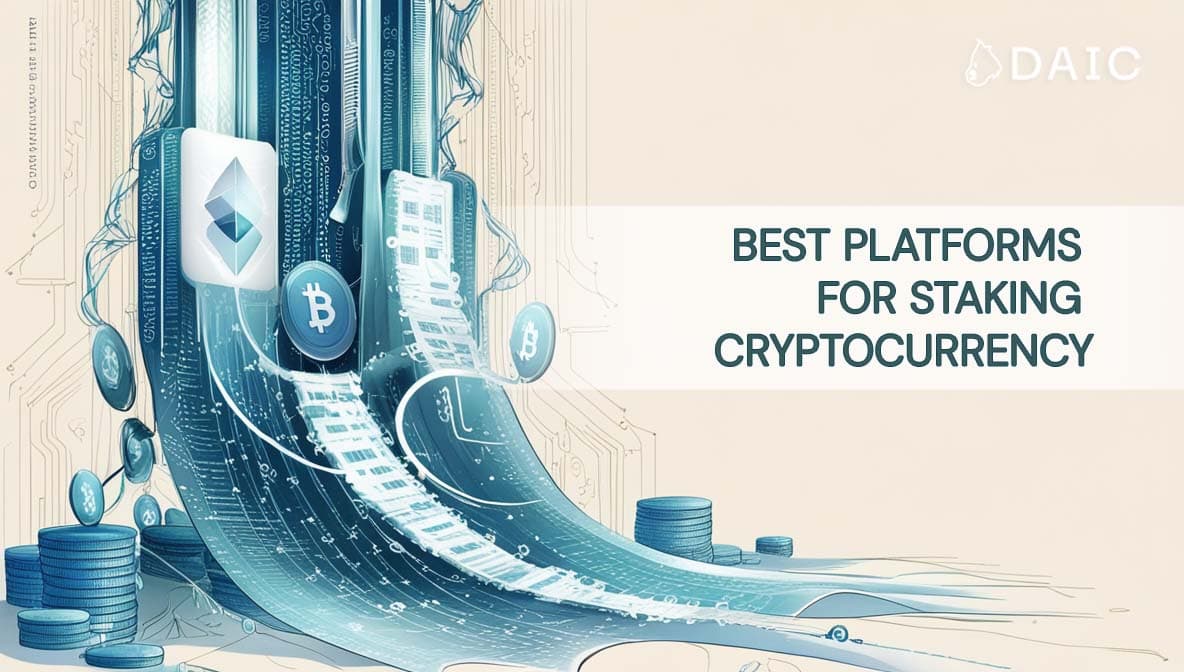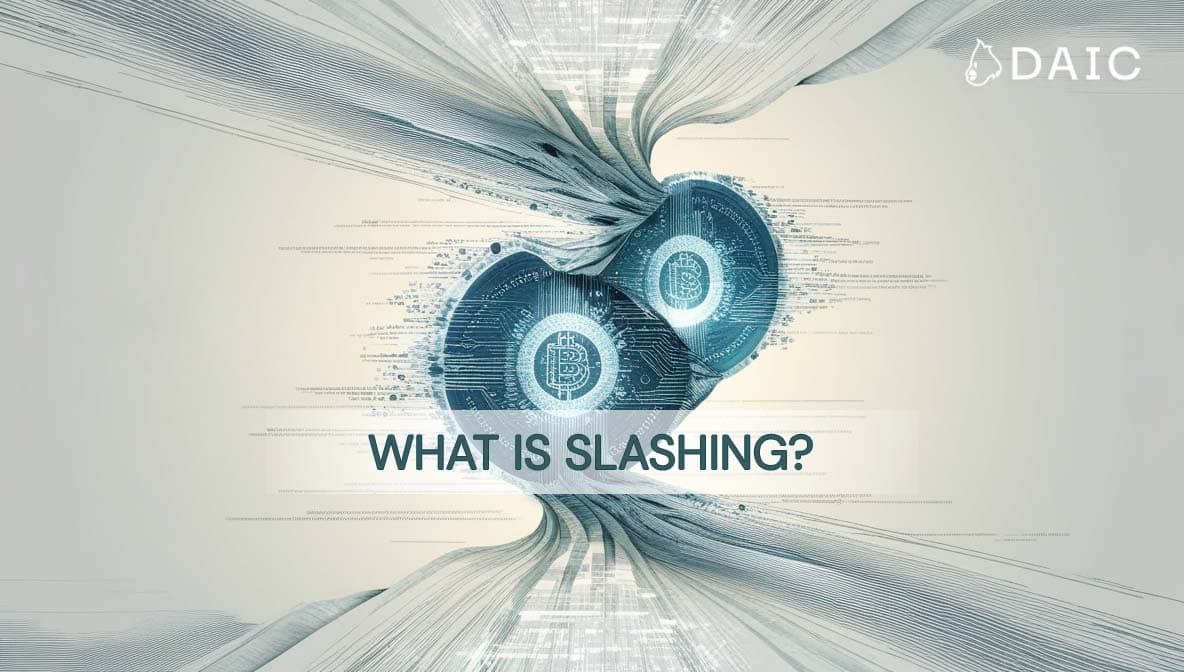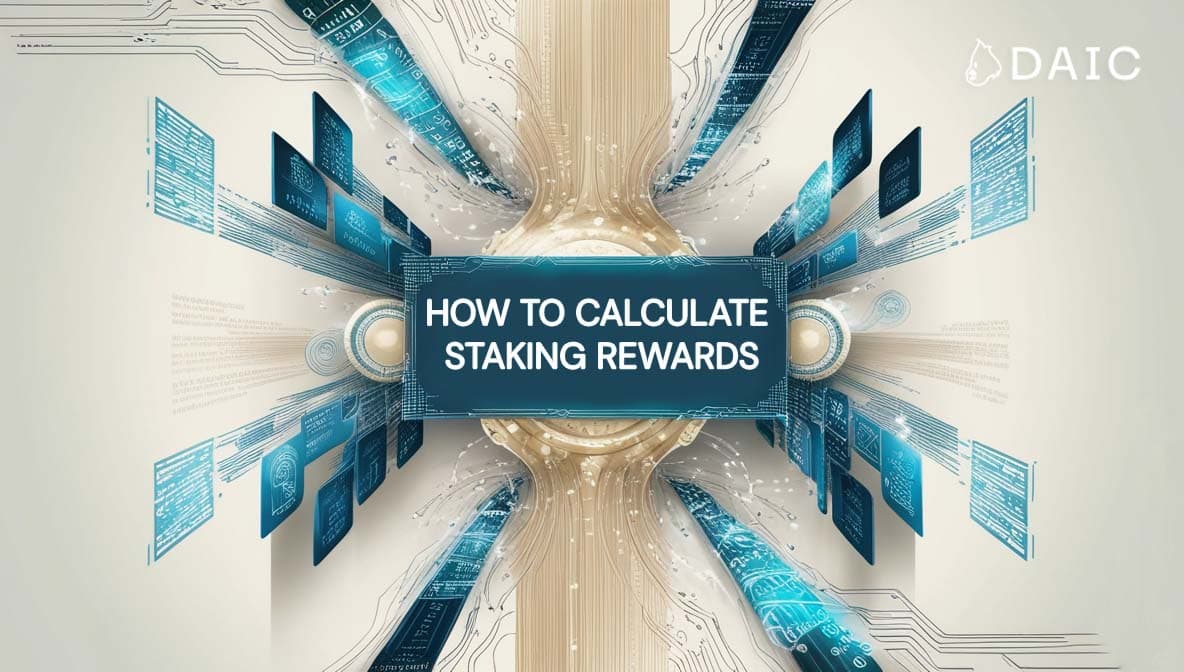Ready to dive headfirst into this exciting crypto-staking world and watch those passive income rewards balance mount up? Not just yet! Before you decide to lock up some of your valuable digital assets, there lurk a few treacherous traps. Ignore them at your peril!
Key Takeaways
- Staking can be quite lucrative, but it does involve a set of risks that every crypto investor needs to be aware of.
- Market volatility, slashing penalties, and validator risks are all important factors that could effectively alter your staking rewards and even cause losses.
- Technical complexities, regulatory uncertainties, and smart contract vulnerabilities further raise challenges for stakers.
- Staying well-informed, diversifying your portfolio, and choosing trusted validators will help mitigate these risks and better navigate the staking landscape.
- Keep in mind that staking is not set-and-forget passive, requiring active management and high vigilance, changing with the crypto environment.
What Are the Risks of Crypto Staking

Staking is one of the most attractive passive income methods in the crypto world. By locking your assets in a Proof of Stake network, you help secure the blockchain and earn rewards. Yet, like any investment class, staking has its own risks. The promise of high returns often overshadows the lurking dangers that befall the unawares.
Being knowledgeable of staking risks will be important in informed decision-making, both for advanced crypto investors and complete beginners.
The Crypto Rollercoaster
Picture this: you stake your coins just when the market decides to take a flight into the wild. In one moment, those rewards you had your eyes on become worth a fraction of their value. Ouch!
Real-World Example: Remember the infamous Luna crash in 2022? Stakers who didn't jump ship in time saw their holdings vanish into thin air.
Pro Tip: Avoid the "stake and forget" mentality. Keep an eye on market trends, and if things are about to take a turn for the worse, you should be prepared to unstake. Set up price alerts or use any of the portfolio trackers available to keep yourself updated.
The Lockdown of Liquidity
Staking generally requires locking your crypto in for some given time, something like sending it to a timeout zone. If, in that time, there's a need to use your funds, tough luck!
Scenario: An unexpected financial emergency comes your way, and all of a sudden, your coins are stuck in crypto jail, literally taunting you from behind bars.
Pro Tip: Do not make the mistake of not checking the period required for unstaking beforehand. Always keep some of your crypto liquid, so if life throws something unwanted at you, you have something to fall back on.
The Slashing Penalties
Slashing is a mechanism that punishes a validator and, respectively, a staker who misbehaves against the interest of the network due to certain reasons: double-signing transactions, being offline for an extended period, or through other activities that tamper with the integrity of the network.
Validators acting up? You might get slashed! That means you lose a chunk of your staked tokens as punishment. It's like a digital over-the-knee spank for people not being good.
Pro Tip: Take a closer look at the validator. Check strong track records and consistent uptimes, and see who offers Slashing Protection to add an extra safety net to your stake.
The Vampire Validator
Watch out for any validators that promise 0% commission, all they may be doing is tricking you in with those sweet, sweet no-fee promises and draining your rewards later on.
Those that charge 0% commission may do so to attract the largest number of delegators in the shortest time possible, this is never a sustainable long-term strategy. Once they have pooled enough funds, they will increase their commission rates to very high levels, thus reducing your staking rewards
Besides the commission rate, stakers should also pay attention to whether the maximum commission limit was set by the validator. There is some risk in a validator without a maximum commission set, they can increase their commissions without any limit.
Another important one is the maximum commission change parameter, which denotes how fast the validator is able to increase his commission rate. Validators with a high max commission change can increase their fees significantly in a very short period of time, hence catching stakers off guard.
Pro Tip: Don't believe the glittery promises. Find a validator that offers sustainable commission structures with complete transparency over their fee policy and a provable track record for fair play.
The Regulatory Risky Ride
Still, governments are trying to rein in the crypto wild west. New regulations could pop up at any moment, which might affect your staking rewards or even freeze your assets.
Another important question related to staking is taxation. Many countries regard rewards from staking as taxable income, meaning you might owe taxes on your rewards, even if you never sell them. This will also put you in a position whereby you would have to pay taxes on something that has already lost value, thus at a financial disadvantage.
Pro Tip: Keep your ear to the ground regarding crypto regulations in your jurisdiction. Be prepared for possible tax implications in the future and for changes in regulation.
The Inflationary Iceberg
Some networks have high inflation rates that work behind your back to silently eat away your staked tokens. It is like seeing your ice cream melt under the scorching summer sun.
For example, if you’re earning 8% in rewards, but the network’s inflation rate is 10%, you’re effectively losing value despite earning rewards.
Pro Tip: Become a smart staker! Choose networks with low inflation, or reinvest your rewards to create a diversified portfolio to hedge against losses in the future.
The Tech Trap
Staking can be a complex beast, full of technical terms and convoluted processes. One wrong move in the process may send your crypto deep into the blockchain black hole.
Pro Tip: Never go in blind. Understand how staking works, the underlying technology supporting it, and start small to avoid an expensive mistake. Alternatively, you can stake with a convenient, intuitive interface or ask active stakers for advice.
The Rug Pull Panic
Imagine staking your tokens in some promising new project only to have those developers disappear with your funds. That is actually a threat in the DeFi space, something called the "rug pull."
Real-World Example: In 2021, investors lost millions in the Squid Game token rug pull after its token value plummeted to zero.
Pro Tip: Before investing in any project, study the roadmap, tokenomics, and team behind it. Some warning signals to watch out for including anonymous developers and/or a project promising impossible things.
The Smart Contract Issue
Staking in most cases involves the interaction with smart contracts. Smart contracts are susceptible to bugs and exploits. A single coding error could drain your staked funds.
Pro Tip: Only stake on well-established platforms with audited smart contracts. Keep yourself updated about potential vulnerabilities and security updates.
The Centralization Conundrum
In some of the PoS networks, stake is highly concentrated in the hands of a few large validators. This may lead to centralization risks and potential vulnerabilities.
Decentralization is key to the security and resilience of blockchain networks. Pay attention to the stake's concentration.
Pro Tip: Support decentralized networks by diversifying your set of validators. Consider staking with smaller validators to further this goal of a balanced ecosystem.
Stake Smart, Stake Safe
Staking in the crypto space can be cool, but it also isn't a peril-free activity. To get maximum rewards with at least a low probability of burning your fingers, understand the risks and also make some good precautionary measures. Remember, in the crypto space, knowledge is power! Stake smart, stake safe, enjoy the ride!
The information provided by DAIC, including but not limited to research, analysis, data, or other content, is offered solely for informational purposes and does not constitute investment advice, financial advice, trading advice, or any other type of advice. DAIC does not recommend the purchase, sale, or holding of any cryptocurrency or other investment.


